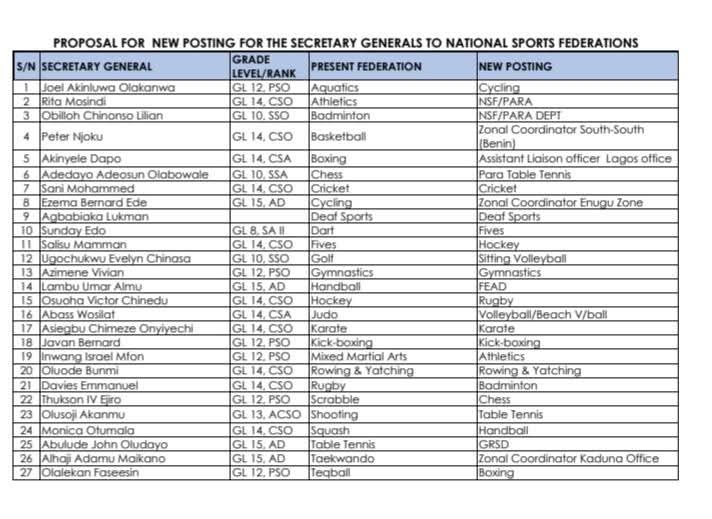Euro 2028 launched with a fanfare of logos, match dates and promises of creating Europe’s greatest ever
EURO 2028 will kick off at the National Stadium of Wales in Cardiff and close with semi-finals and final at London’s Wembley stadium.
Last night UEFA and the four host associations – England, Ireland, Scotland and Wales – launched the 2028 finals in London’s Piccadilly with the unveiling of the tournament branding, match schedule and stadium allocations.
Outside ‘The Venue’ an anti-Israel protest took place that was more akin to a flashmob with about 100 protesters appearing chanting for Israel’s suspension 30 minutes before the event began, and dispersing into the London evening soon after it finished.
The protest was audible throughout the launch presentation theatre but did nothing to interrupt the proceedings. If anything the feeling inside was generally more along the lines of ‘we hear you and have sympathy’. Two of the four national federations have already expressed a preference to not having to play Israel in international competition with Ireland’s FAI having passed a resolution at their annual meeting last weekend to write to UEFA calling for Israel’s suspension.
UEFA President Aleksander Čeferin, had a simple message to European football that could similarly be applied to the protesters: “Football is the universal language. It expresses passion, skill, courage, solidarity and respect better than any other, and it constantly reminds us that our differences are exactly what make our sport so beautiful. At UEFA EURO 2028, we will all speak football – loud, clear and united.”
With Euro 2024 now in the rear view and the breakthrough Women’s Euro 2025 similarly disappearing from sight, the timing of the launch for the next cycle of UEFA’s biggest national team event is important as it comes before attention shifts to the expanded 48-team men’s World Cup in 2026, and the 32-team Women’s World Cup in Brazil in 2027.
On hand to help with the launch were playing legends from each of the four nations – Michael Owen (England), Shay Given (Ireland), John Collins (Scotland) and Ashley Williams (Wales).
Their countries will host the largest sporting event ever jointly staged by the co-host nations with more than three million match tickets available for fans. The smallest stadium on the schedule is Birmingham’s Villa Park which will be at 48,000 once its expansion is complete.
The nine stadia use for the 51-match tournament will see Host Cities stage a minimum of two different groups, with host nations playing all group games in front of their own fans if they qualify directly.
That would see England play their opening match at Manchester City Stadium, followed by two games at Wembley Stadium. The Republic of Ireland, Scotland and Wales would play in Dublin, Glasgow and Cardiff respectively.
Each of the stadia (bar Wembley) will host R16, while all matches from the quarter finals onwards being played at national stadiums – Wembley hosting the bulk with four of those seven games.
Northern Ireland, off the schedule because there was no stadium meeting hosting criteria, will instead host the qualifying draw in Belfast in December 2026.
Around the UK and Ireland, the tournament logos were unveiled in Host Cities at local events, including light projections on famous landmarks and taking-over of digital screens in city centres.
The total of the four government investments in ensuring the event is safe “and offers a world-class experience for fans and communities” is £740 million (€840 million). The payback is an estimated £3.6 billion (€4.1 billion) in socio-economic benefits across UK and Ireland between 2028 and 2031.
Away from the matches themselves, the organisers say there will be the largest-ever UEFA Community Programme delivered by local stakeholders in each nation “to harness the power of sport and culture, bring communities together and inspire positive change”. Further details are to come but the mission is to “use the Tournament as a catalyst to grow a more diverse and sustainable game, build belonging, boost pride and promote positive behaviours at all levels of football.”
England FA chair Debbie Hewitt, who is also chair of UK & Ireland 2028 Limited, said: “Today marks a proud milestone for football across the UK and Ireland as we celebrate the launch of UEFA EURO 2028…
“We are building an inspiring event – a welcoming, safe and sustainable UEFA EURO that will create lasting community benefits far beyond the pitch. The countdown is truly on now to what will be an unforgettable summer of football.”






Comments
Post a Comment